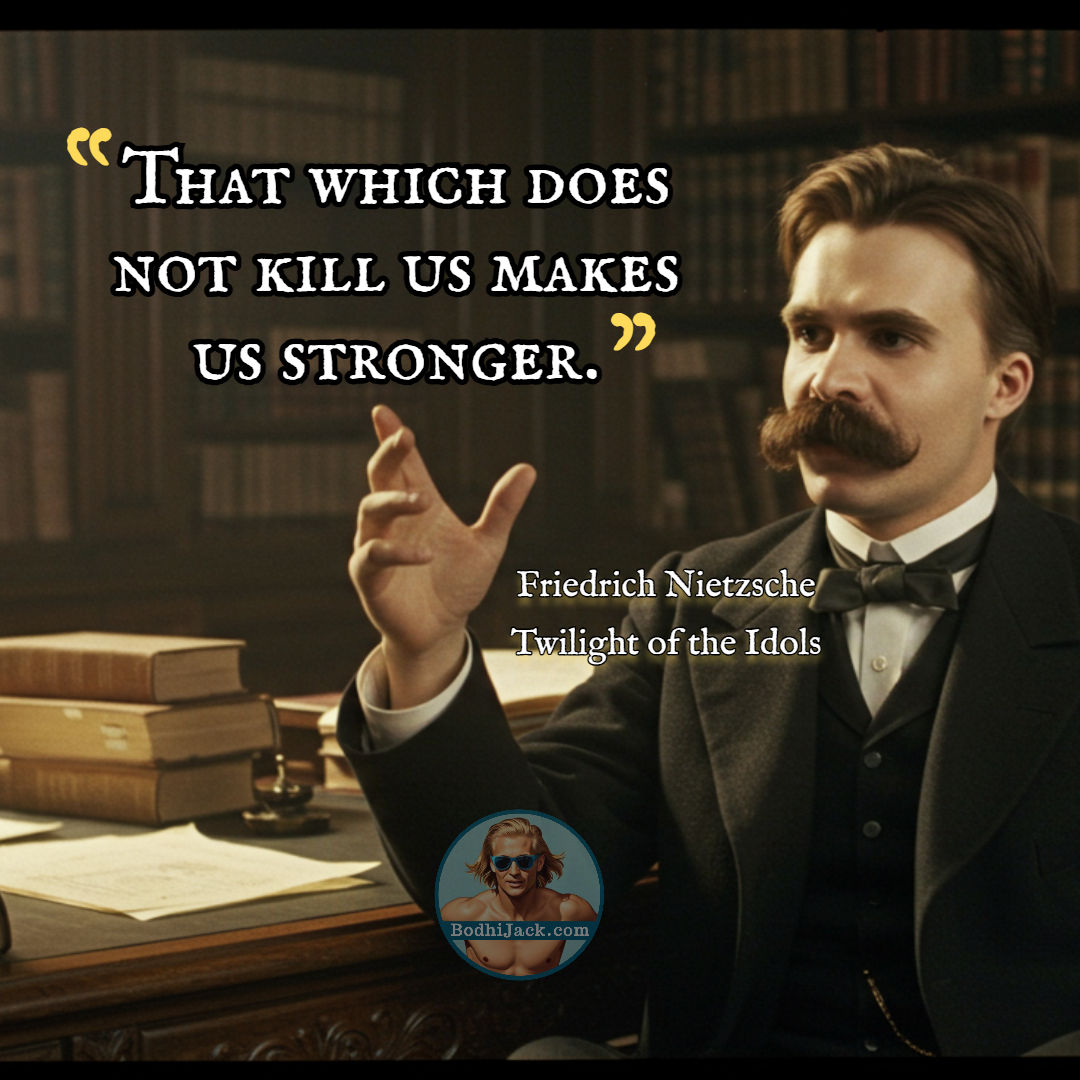 Friedrich Nietzsche...The Rebel Philosopher Who Dared to Redefine Truth, God, and the Human Soul
Friedrich Nietzsche...The Rebel Philosopher Who Dared to Redefine Truth, God, and the Human Soul
Fascinating Facts
-
At just 24, Nietzsche became the youngest-ever Classical Philology professor at the University of Basel—without even completing his doctorate. Talk about skipping the academic line.
-
He walked away from his professorship due to chronic illness, then wrote his most radical works in near-total isolation, battling blindness and crippling migraines.
-
Though often misrepresented, Nietzsche rejected anti-Semitism and nationalism—he even broke with Richard Wagner over it, losing a friend but keeping his principles.
Quote
“He who climbs upon the highest mountains laughs at all tragedies, real or imaginary.” — Friedrich Nietzsche
Biography
Friedrich Nietzsche was born on October 15, 1844, in Röcken, a small Prussian village. His father, a Lutheran pastor, died when Nietzsche was only five. This early tragedy marked the beginning of a life steeped in existential questions, suffering, and a relentless pursuit of truth—even when that truth was dark, unsettling, or downright dangerous.
In his early twenties, Nietzsche made academic history by landing a professorship in Classical Philology at the University of Basel. He was just 24, a meteoric rise by any standard. But teaching ancient Greek texts wasn’t his destiny. Chronic illness—migraines, eyesight deterioration, and digestive issues—forced him to resign by age 34. That might have ended another man’s career. For Nietzsche, it was just the beginning.
Alone, ill, and often impoverished, he wrote his most influential works: The Birth of Tragedy, Thus Spoke Zarathustra, Beyond Good and Evil, and The Genealogy of Morals, among others. His writing was unapologetically bold, rejecting traditional morality and religion while urging individuals to embrace life’s chaos and forge their own values. The idea of the Übermensch—a person who transcends societal norms—became one of his most misunderstood and misappropriated concepts.
Nietzsche’s style was unlike anything in philosophy before or since. He preferred aphorisms and parables to dense logic, drawing on music, myth, and poetic imagery. His thought wasn’t just cerebral—it was visceral. He didn't just want you to agree with him; he wanted to shake you.
His personal life, however, was marked by heartbreak and solitude. He fell in love with Lou Salomé, a brilliant thinker in her own right, but she declined his marriage proposal. Twice. After years of declining mental health, Nietzsche suffered a complete breakdown in 1889. The story goes that he saw a horse being whipped in the streets of Turin, rushed to embrace it in tears—and collapsed.
He never recovered.
Nietzsche spent the last 11 years of his life in a catatonic state, cared for by his sister Elisabeth. After his death in 1900, she controversially edited and promoted his works, at times distorting his ideas to fit her nationalist and anti-Semitic agenda—views Nietzsche rejected during his life.
And yet, his legacy endures. His philosophy influenced Freud, Jung, Camus, Foucault—even Einstein and Picasso. He challenged us not to accept life passively but to confront it, wrestle with it, and, if possible, love it.
Not bad for a man who wrote most of his masterpieces while battling the abyss.
Hashtags
#FriedrichNietzsche #Philosophy #Existentialism #NietzscheWisdom #BeyondGoodAndEvil
